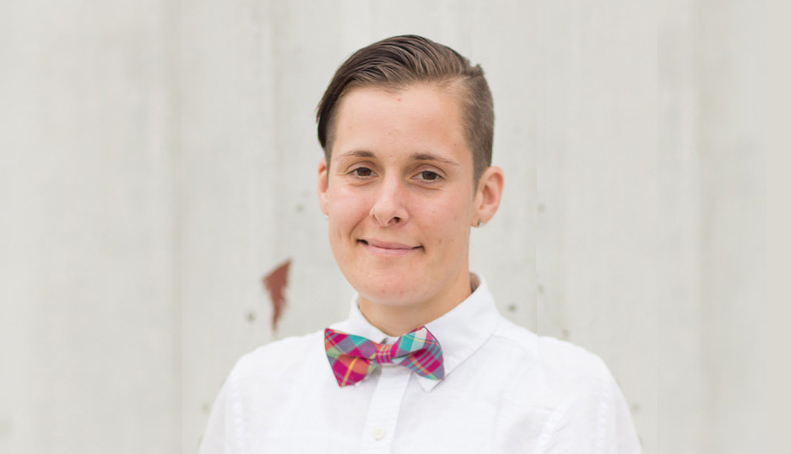
Social Media is Critical to LGBTQ Youth—But Not For The Reasons You Might Think
UH professor’s study shows young people are sometimes more concerned about hooking up than bullying.
By Cameron Wallace
For some, spending time on social media outlets like Facebook is little more than a guilty pleasure.
But for LGBTQ youth, social media can be crucial to developing a sense of identity, according to a new study from Erica Ciszek, an assistant professor at the University of Houston.
Ciszek’s study, published in The Journal of Homosexuality, found that LGBTQ youth advocacy campaigns show representations of LGBTQ people that are more full and complex than those in popular culture. This helps LGBTQ youth to see themselves more comfortably as part of the LGBTQ community, and to connect with others facing similar challenges.
The study found that LGBTQ youth were more strongly impacted by social media campaigns that also recognized other facets of their identity, such as race or ethnicity. It also found that support systems for transgender youth were lacking both in quantity and quality.
“It showed the complexity of young people,” Ciszek said. “Young people’s narratives tend to be really flattened out. We try as adults, often, to come up with campaigns based on what we think they’re about, but for example, these young people didn’t experience a lot of bullying. They were struggling with a) trying to figure out who they are, and b) who to hook up with. We can’t just come up with one large mega-narrative that describes LGBTQ youth.”
Another important finding was that while most participants identified with the LGBTQ community in some way, many did not identify with any political LGBTQ social movement. According to Ciszek, this may be because LGBTQ youth believe the issues that affect them are distinct from those relevant to the adults who lead the movements. Messaging from advocacy campaigns would likely be more effective if it were created by and tailored to LGBTQ youth specifically, she said.
This study was many years in the making. It began while Ciszek was working on her doctorate at the University of Oregon from 2010-14, when social media advocacy work was growing rapidly in response to an epidemic of suicides among LGBTQ youth.
For the study, 24 LGBTQ youth from various backgrounds were interviewed on Facebook Chat, Google Chat, or Skype chat, from June to September of 2013. Participants were selected based on their answers to a short questionnaire that was sent to over 700 people on multiple social networking sites.
“I did recruiting on Reddit, and one of the groups didn’t believe who I was, so they made me take a selfie while holding up a sign with my username on it to verify that I was who I said I was,” Ciszek said. “So there was definitely some skepticism among participants.”
After the interview process, the data had to be analyzed. The net effect of advocacy campaigns and other social media support systems for LGBTQ youth was found to be extremely positive. Learning about other LGBTQ people made them more comfortable with their own identities, and more able to develop a complete self-image. For many, social media outlets were the only place where they could be honest about themselves and safely learn about their own identity, and for others, they served as a sandbox where they could explore without fear.
The full study, titled “Advocacy Communication and Social Identity: An Exploration of Social Media Outreach,” can be accessed here.











Comments